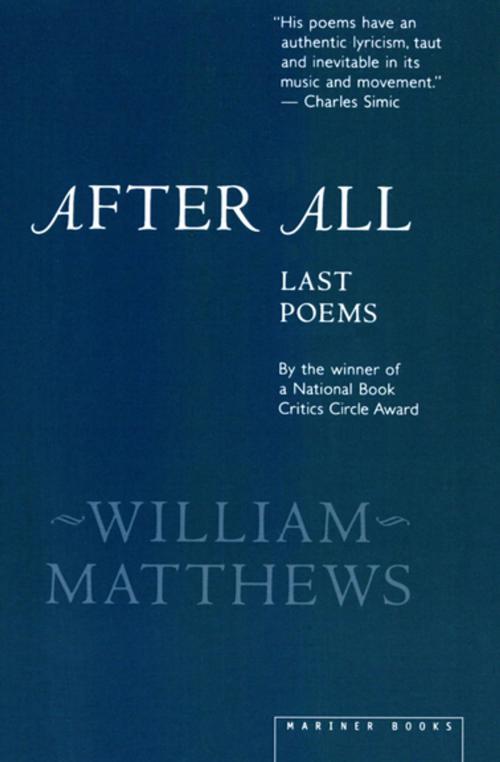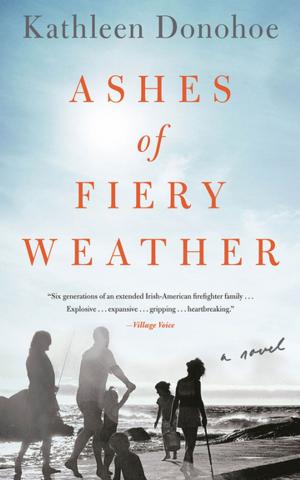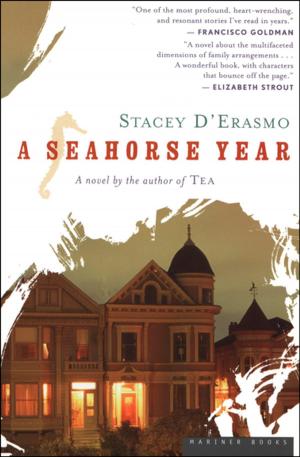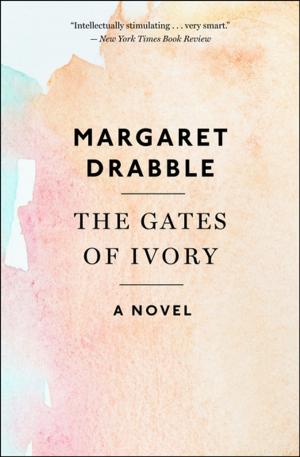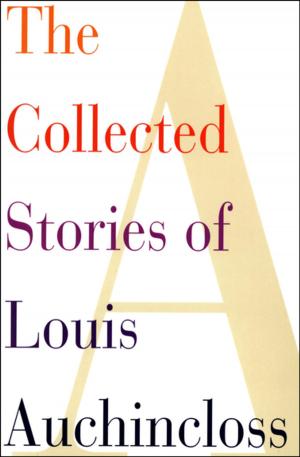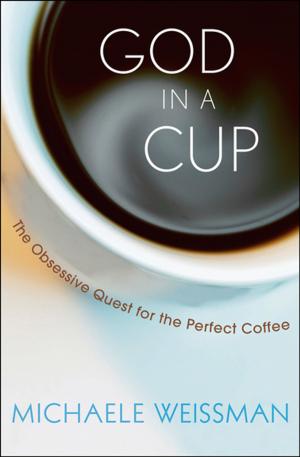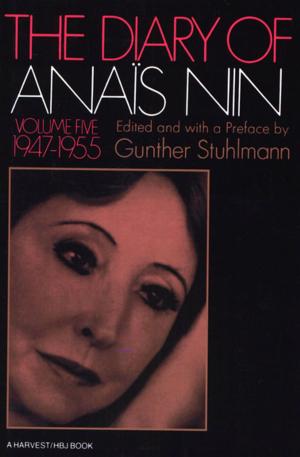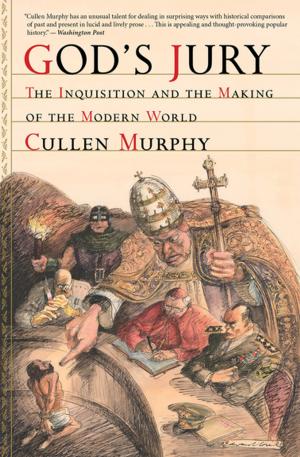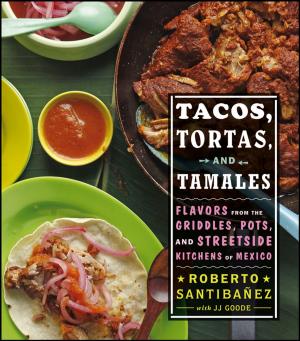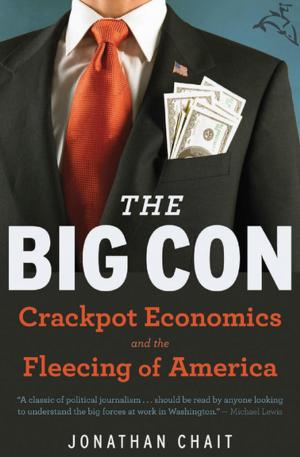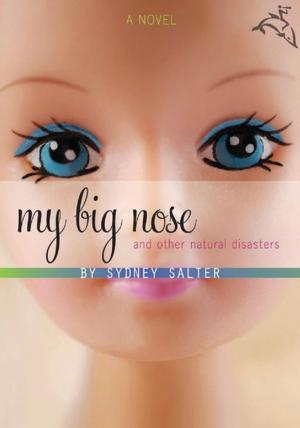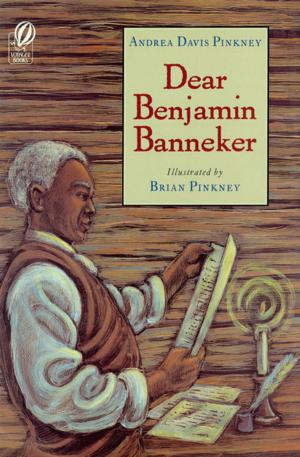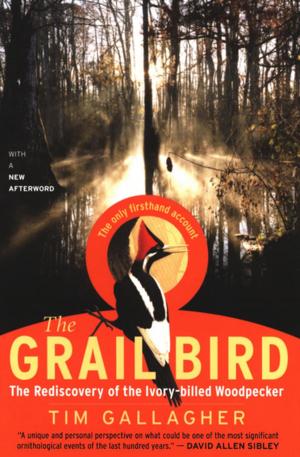| Author: | William Matthews | ISBN: | 9780544101685 |
| Publisher: | Houghton Mifflin Harcourt | Publication: | August 23, 2012 |
| Imprint: | Mariner Books | Language: | English |
| Author: | William Matthews |
| ISBN: | 9780544101685 |
| Publisher: | Houghton Mifflin Harcourt |
| Publication: | August 23, 2012 |
| Imprint: | Mariner Books |
| Language: | English |
A collection from “one of the few contemporary poets who really knew how to make the vernacular sing” (Library Journal).
In this collection of poems completed shortly before his death, William Matthews seems to be looking his last on all things lovely: music, food and wine, love. In the stunning central poem, “Dire Cure,” which forms a kind of spine to the book, he describes the remarkable implications of the “heroic measures” that saved the life and restored the health of his wife from “a children’s cancer (doesn’t that possessive break your heart?).” He evokes the death of his favorite jazz musician, Charles Mingus. He speaks of cats, dogs, pigs, sheep, of the past, of history, of joys proposed, but especially, with his characteristic relaxed wit, of language and its quiddities: “My love says I think too damn much and maybe she’s right.”
After All is the final word from this winner of the National Book Critics Circle Award and the Ruth Lilly Poetry Prize, one of the most pensive and delicious of all our poets.
“Range[s] widely and brightly from Prague in 1419 to a Caribbean island in 1967 to Martha Mitchell, Finn sheep, and a poetry reading at West Point. A lovely finale.” —Library Journal
“His poems have an authentic lyricism, taut and inevitable in its music and movement.” —Charles Simic, author of The Lunatic: Poems
A collection from “one of the few contemporary poets who really knew how to make the vernacular sing” (Library Journal).
In this collection of poems completed shortly before his death, William Matthews seems to be looking his last on all things lovely: music, food and wine, love. In the stunning central poem, “Dire Cure,” which forms a kind of spine to the book, he describes the remarkable implications of the “heroic measures” that saved the life and restored the health of his wife from “a children’s cancer (doesn’t that possessive break your heart?).” He evokes the death of his favorite jazz musician, Charles Mingus. He speaks of cats, dogs, pigs, sheep, of the past, of history, of joys proposed, but especially, with his characteristic relaxed wit, of language and its quiddities: “My love says I think too damn much and maybe she’s right.”
After All is the final word from this winner of the National Book Critics Circle Award and the Ruth Lilly Poetry Prize, one of the most pensive and delicious of all our poets.
“Range[s] widely and brightly from Prague in 1419 to a Caribbean island in 1967 to Martha Mitchell, Finn sheep, and a poetry reading at West Point. A lovely finale.” —Library Journal
“His poems have an authentic lyricism, taut and inevitable in its music and movement.” —Charles Simic, author of The Lunatic: Poems
